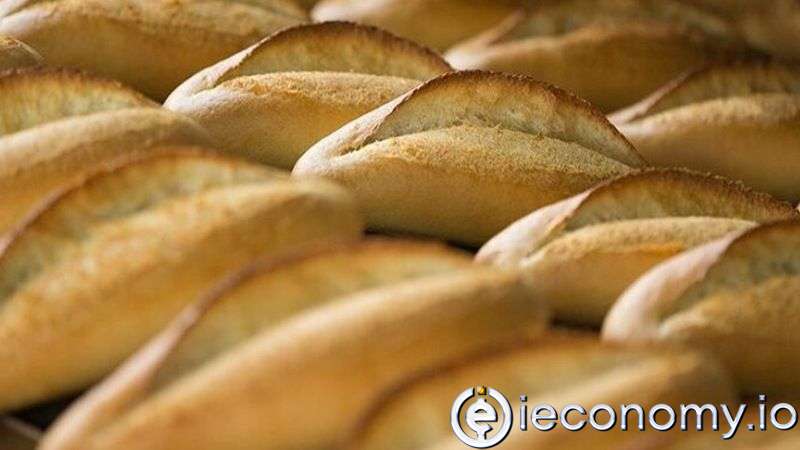The Russia-Ukraine war affected bread prices
The attack on Ukraine, known as Europe's "granary" by Russia, is expected to raise wheat prices to a 14-year high and increase the...

Yayınlanma: 6 Mart 2022 03:41
Güncellenme: 2 Mart 2026 22:51
With Russia's military intervention in Ukraine, the rise in agricultural commodity prices gained momentum, while rising prices pose an upside risk to global food inflation.
The tension between Russia and Ukraine, which has an important role in world wheat exports, is increasing concerns that wheat supply may be adversely affected. Upward pressure on prices may continue, and wheat exports from these countries may come to a standstill.
The fact that many ports in the Sea of Azov and the Black Sea are closed, insurance is not available, transportation costs are high and some ships do not prefer to use routes towards the war zone further aggravates the problem.
While the price of wheat has reached historical levels, it is stated that there is a risk of famine in sunflower oil and soybeans.
While fertilizer prices continue to rise, recent developments show how dependent the agricultural sector is on Russia and Ukraine, the main supplier countries.
Wheat prices at the peak of 14 years are expected to increase the cost of bread
Despite the harsh economic sanctions of Western countries against Russia, it is noteworthy that while the war in Ukraine continues, wheat prices have reached their highest level in 14 years due to increasing concerns about global supply.
Wheat prices on the Chicago Board of Trade (CBOT) hit their highest level since 2008 at $12.09 per bushel on March 4th. Thus, wheat prices, one of the most basic foodstuffs, increased by more than 40 percent during the week.
Experts state that except for the short-term increases in February and March 2008, wheat has never been more expensive in modern history than it is today. While it is difficult to predict where the wheat price will peak, it is considered that it is very close to passing the peak of 13.17 dollars recorded in 2008.
While this increase is expected to negatively affect the already high global food prices, the increase in wheat prices used in flour and feed production is expected to increase the prices of products such as bread, pasta, and biscuits.
Ukraine and Russia are important wheat producers in the world market
It is stated that Ukraine, 70 percent of which is covered with fertile land, has 32 million hectares of arable land. This rate corresponds to 1/3 of the arable land in the entire European Union (EU).
While Ukraine's agriculture has been on the rise in the last 20 years, it is noted that today the country is one of the world's top 10 grain exporters.
Russia and Ukraine produce about 14 percent of the world's wheat, accounting for almost one-third of global wheat exports.
It is noted in the records that the total share of the two countries in global wheat exports was at the level of 25 percent in 2019.
The share of Russia, the world's largest wheat exporter, in global wheat exports in 2019 is around 18 percent. Ukraine, which has been an important wheat producer for centuries and is also called the "bread basket" of Europe, stands out as the world's 5th largest wheat exporter.




